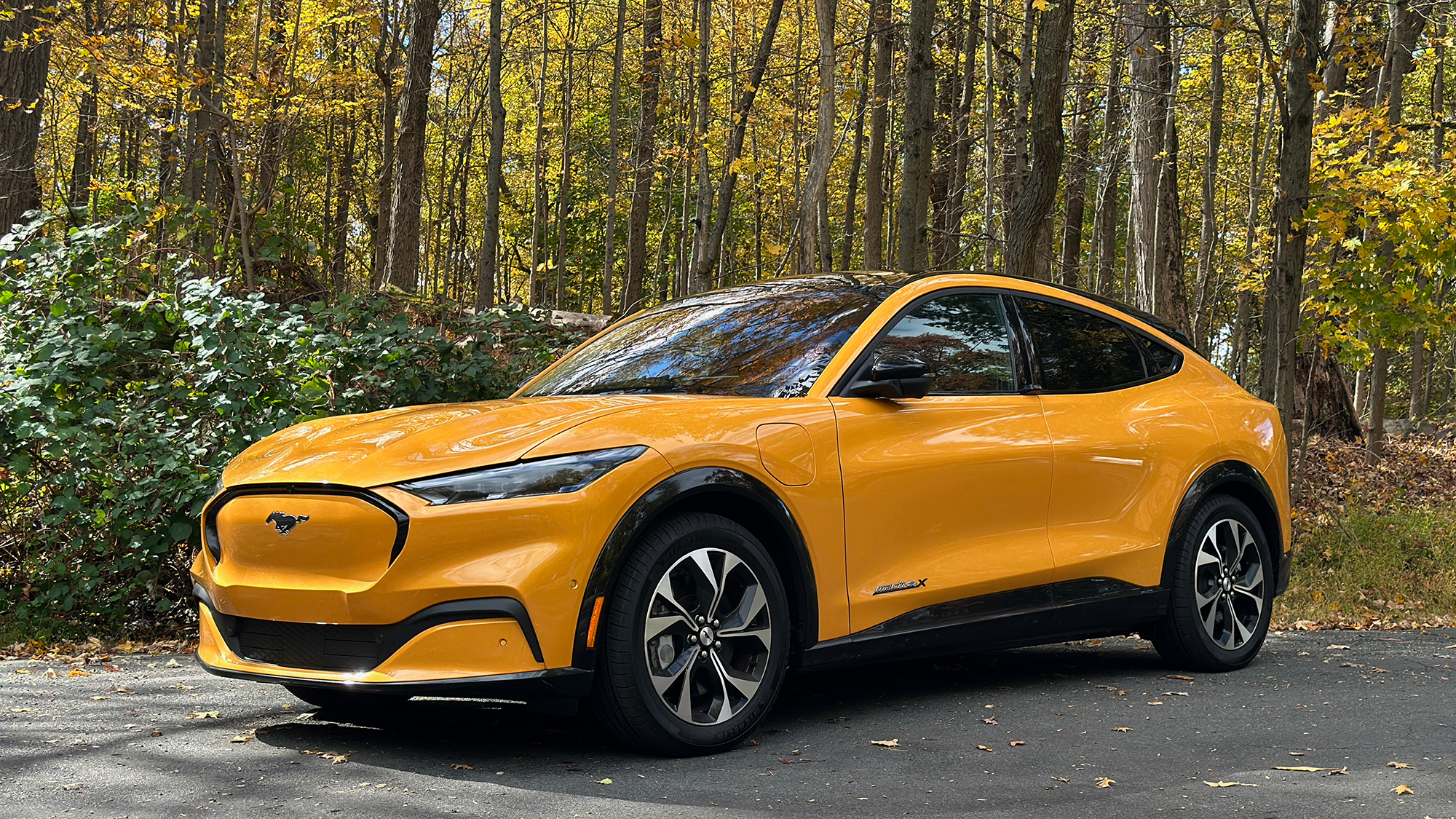Pulse of Information
Your source for the latest insights and updates.
Charge It Like You Mean It: The Joys of Going Electric
Unleash the power of electric! Discover the perks of going electric and supercharge your life in our electrifying new blog!
10 Compelling Reasons to Embrace Electric Vehicles Today
In today's rapidly changing world, there are compelling reasons to embrace electric vehicles (EVs) that go beyond just reducing your carbon footprint. Firstly, EVs are known for their remarkably low operating costs. With fewer moving parts than traditional vehicles, electric vehicle maintenance is typically simpler and less expensive. Additionally, the cost of electricity is generally lower than gasoline, enabling drivers to save significantly on fuel costs. According to the U.S. Department of Energy, EV owners can save an average of $800 per year on fuel alone.
Moreover, adopting electric vehicles contributes to a healthier environment by reducing air pollution. Since EVs emit no tailpipe pollutants, cities with higher EV adoption rates tend to have better air quality, leading to improved public health. Furthermore, many governments offer attractive incentives for purchasing electric vehicles, including tax credits and rebates, making the transition to an EV even more appealing. These benefits, combined with the growing variety of models available on the market, make now the perfect time to consider switching to an electric vehicle.

How to Charge Your Electric Car: Tips for Every Driver
Charging your electric car may seem daunting at first, but it can be a straightforward process if you understand the basics. Start by familiarizing yourself with charging stations available in your area. You can find these at public locations, such as shopping centers, highway rest stops, and dedicated charging networks. To ensure you always have power when you need it, consider installing a home charging station, which provides convenience and often faster charging times.
When it comes to using a charging station, remember the following tips:
- Plan Ahead: Always check the charging speed and compatibility with your vehicle.
- Monitor Charging Time: Keep an eye on how long it takes to charge to optimize your schedule.
- Stay Safe: Ensure that the charging station is well-lit and has a secure connection.
Are Electric Vehicles Really the Future of Transportation?
The question of whether electric vehicles (EVs) are truly the future of transportation is becoming increasingly relevant as climate change concerns grow. Governments around the world are implementing stricter emissions regulations and offering incentives for EV adoption. With advancements in battery technology, EVs now provide longer ranges and faster charging times, addressing some of the main concerns consumers had in the past. This shift is not just beneficial for the environment; it's also paving the way for significant changes in infrastructure, such as the expansion of charging stations, which enhances the practicality of owning an electric vehicle.
However, it's important to consider the challenges that currently face the electric vehicle industry. Issues such as the high initial costs, limited availability of models, and concerns regarding battery disposal and recycling are still prominent. Additionally, the transition from traditional gasoline vehicles to EVs requires a major cultural shift among consumers. In conclusion, while the trajectory suggests that electric vehicles will play a significant role in the future of transportation, the road ahead is filled with both obstacles and opportunities that will shape their adoption and integration into daily life.